Indigenous Governance Database
Governance
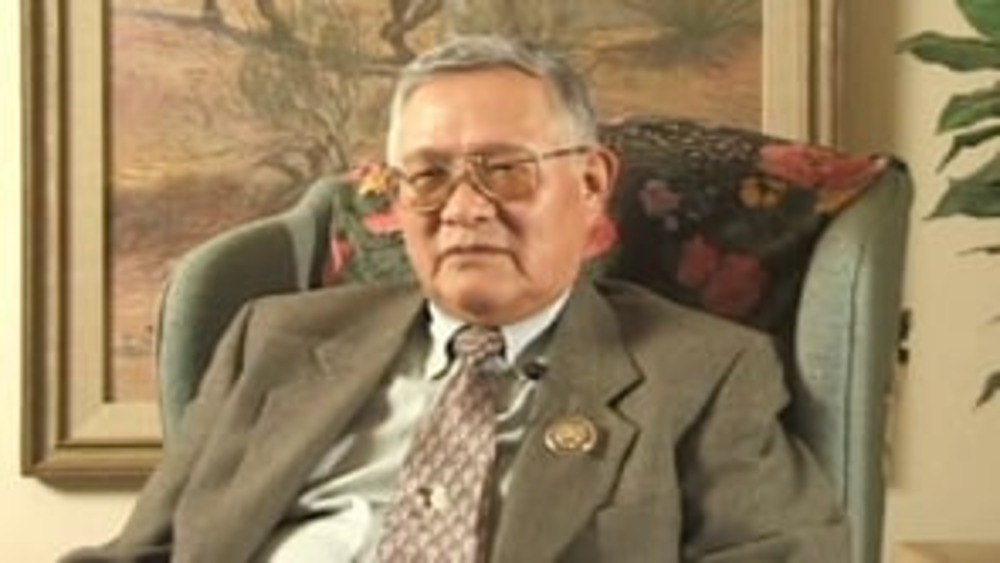
Great Tribal Leaders of Modern Times: Edward T. Begay
Produced by the Institute for Tribal Government at Portland State University in 2004, the landmark “Great Tribal Leaders of Modern Times” interview series presents the oral histories of contemporary leaders who have played instrumental roles in Native nations' struggles for sovereignty, self-…
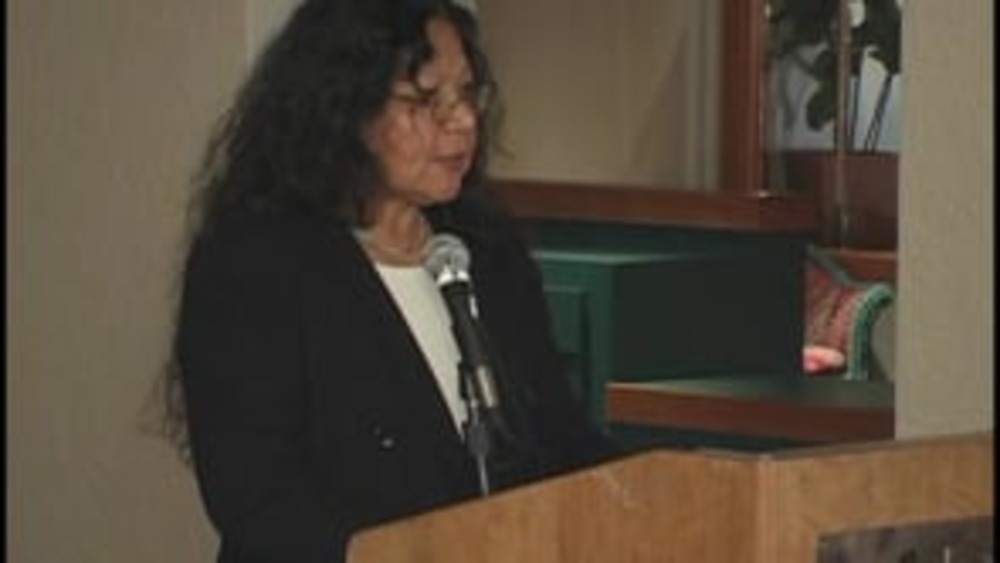
Diane Enos: Salt River Pima-Maricopa Indian Community Economic Development
Salt River Pima-Maricopa Indian Community (SRPMIC) President Diane Enos provides an overview of SRPMIC's effortto build a diversified economy, the institutional keys to make that effort a success, and the cultural principles SRPMIC abides by as it engages in economic development.
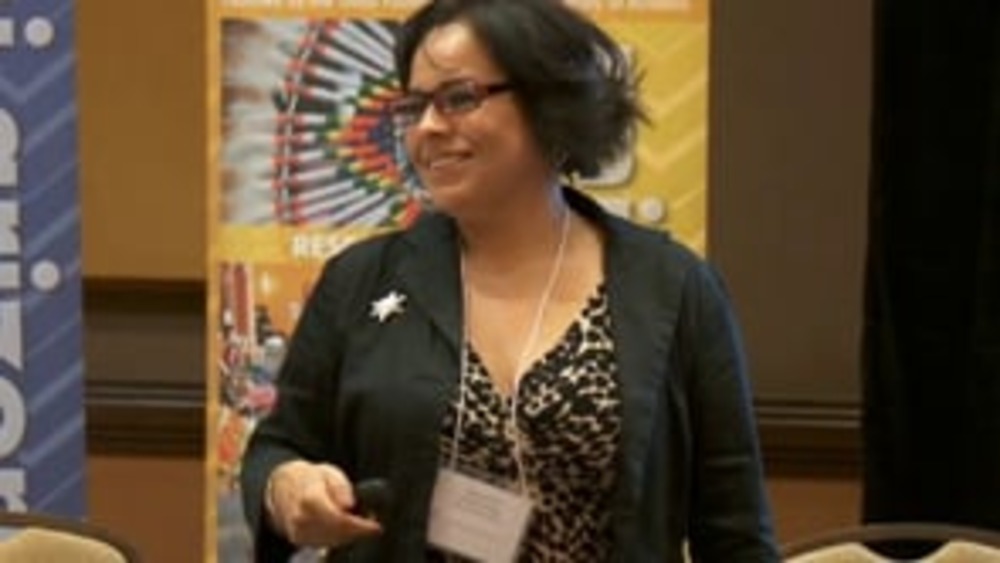
From the Rebuilding Native Nations Course Series: "Building Capacity to Get the Job Done"
Herminia Frias, former chairwoman of the Pascua Yaqui Tribe, discusses why it is important for leaders to work to build the capacity of their Native nations to effectively engage in nation building.
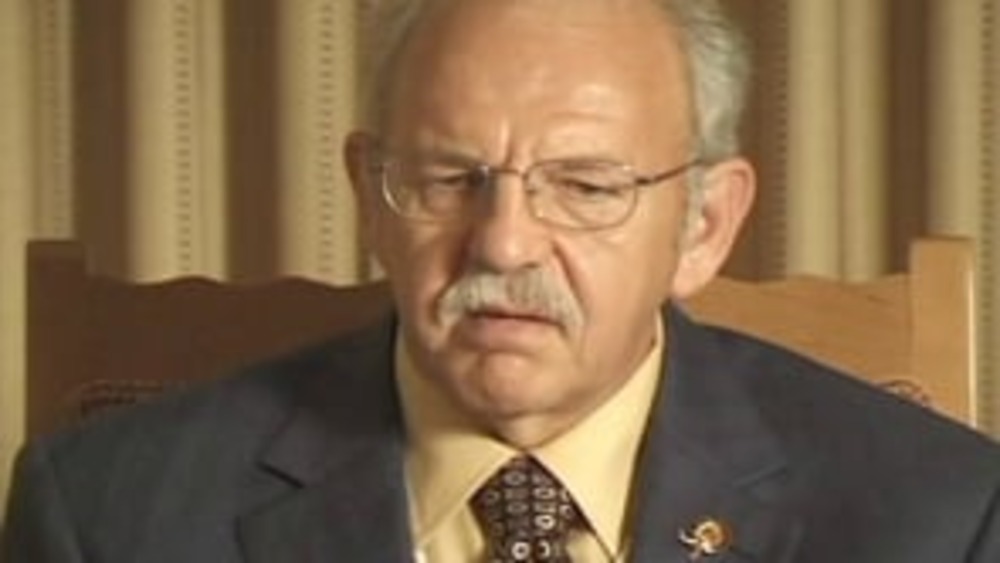
Great Tribal Leaders of Modern Times: W. Ron Allen
Produced by the Institute for Tribal Government at Portland State University in 2004, the landmark “Great Tribal Leaders of Modern Times” interview series presents the oral histories of contemporary leaders who have played instrumental roles in Native nations' struggles for sovereignty, self-…
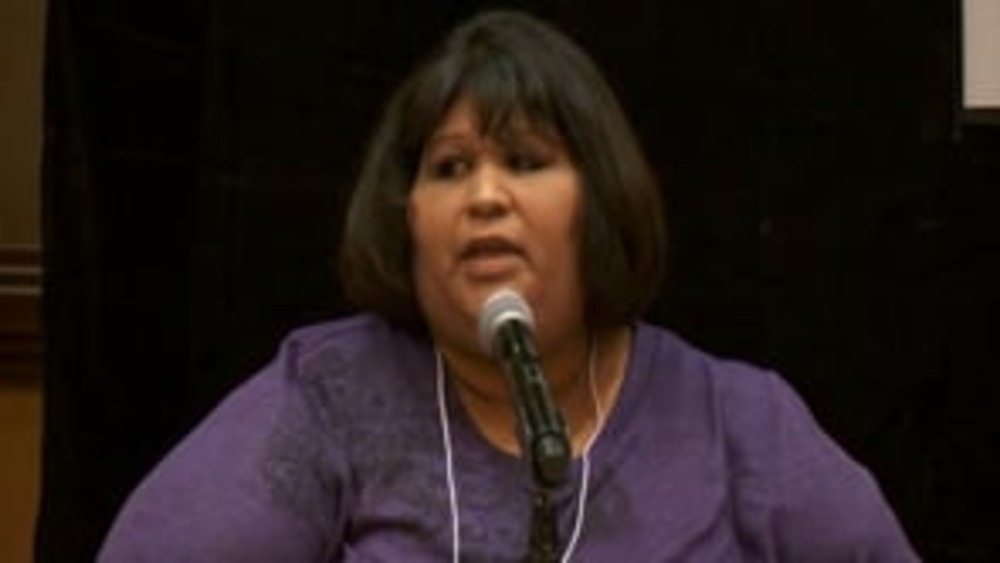
Catalina Alvarez: What I Wish I Knew Before I Took Office
Vice Chairwoman of the Pascua Yaqui Tribe Catalina Alvarez shares what she wishes that she knew before she first took office, and focuses on the importance of elected leaders understanding -- and confining themselves to performing -- their appropriate roles and responsibilities.
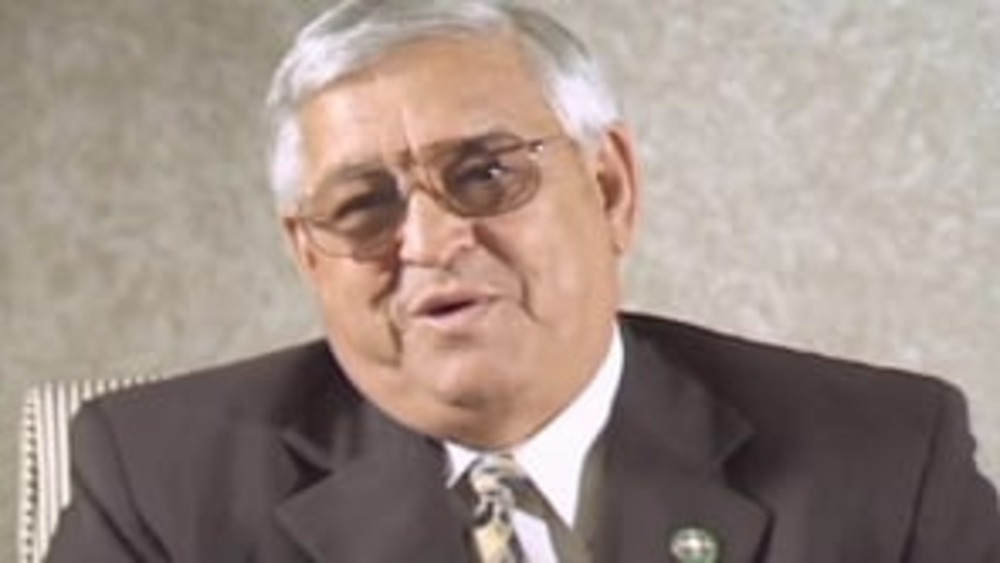
Great Tribal Leaders of Modern Times: Eddie Tullis
Produced by the Institute for Tribal Government at Portland State University in 2004, the landmark “Great Tribal Leaders of Modern Times” interview series presents the oral histories of contemporary leaders who have played instrumental roles in Native nations' struggles for sovereignty, self-…
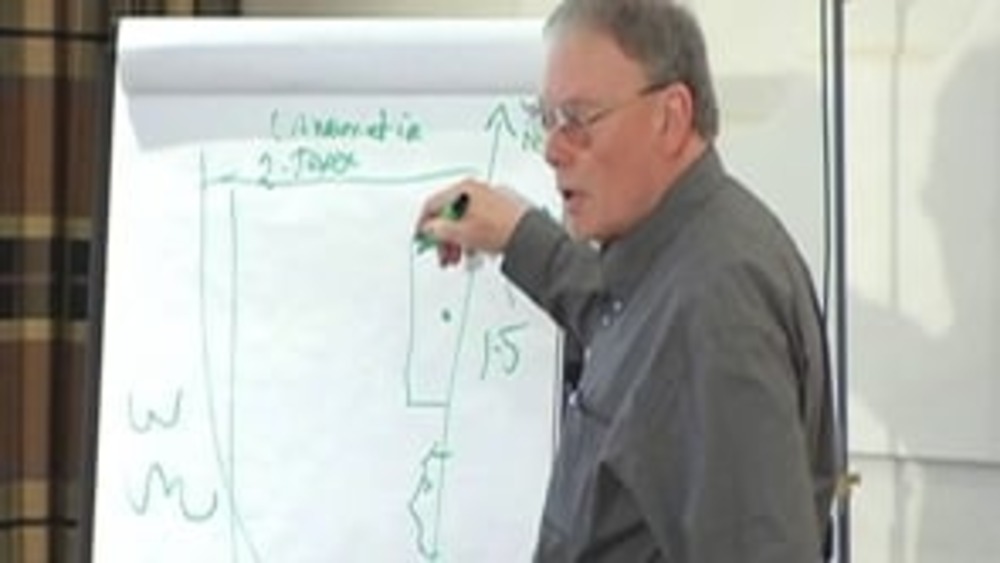
Michael Taylor: Nation-Owned Businesses: Quil Ceda Village
Tulalip Tribal Attorney Michael Taylor discusses Tulalip's rationale for taking the unique step of creating Quil Ceda Village, a federally chartered city, and the benefits this approach has brought the Tulalip Tribes.
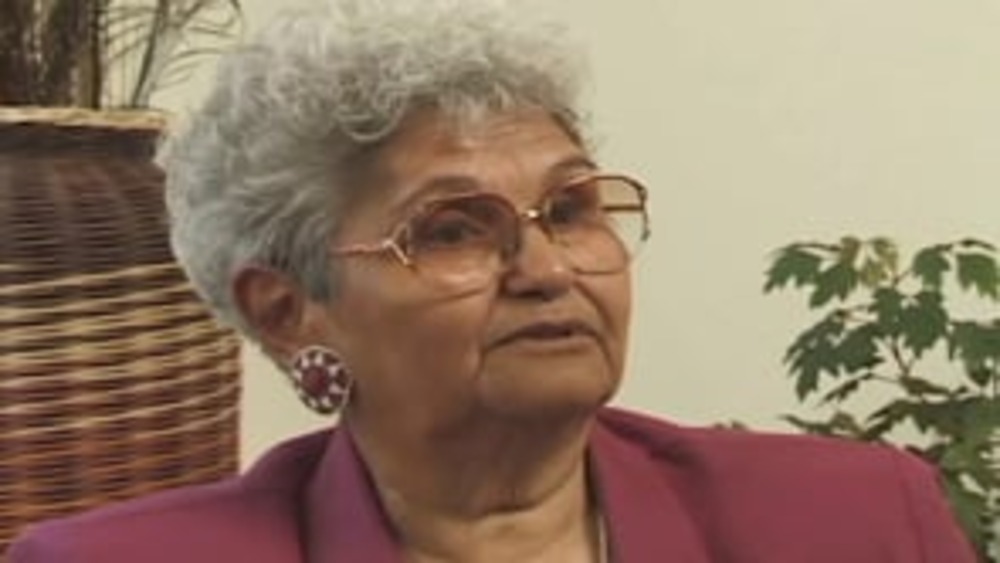
Great Tribal Leaders of Modern Times: Kathryn Harrison
Produced by the Institute for Tribal Government at Portland State University in 2004, the landmark “Great Tribal Leaders of Modern Times” interview series presents the oral histories of contemporary leaders who have played instrumental roles in Native nations' struggles for sovereignty, self-…
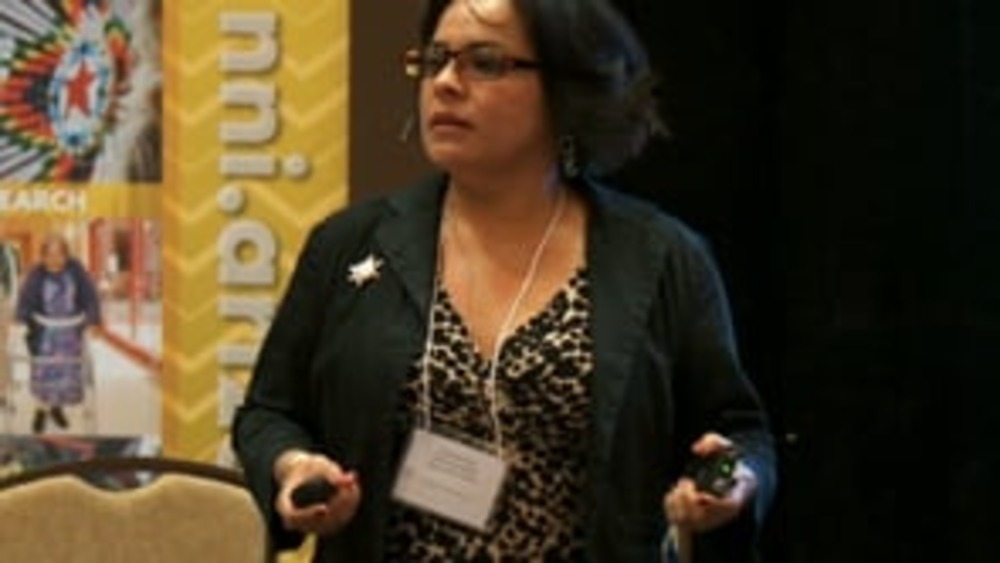
From the Rebuilding Native Nations Course Series: "The Unique Challenges Facing Native Nation Leaders"
Herminia Frias, former Chairwoman of the Pascua Yaqui Tribe, shares some of the distinct challenges faced by Native nation leaders due to the legacies of colonialism and federal policies.
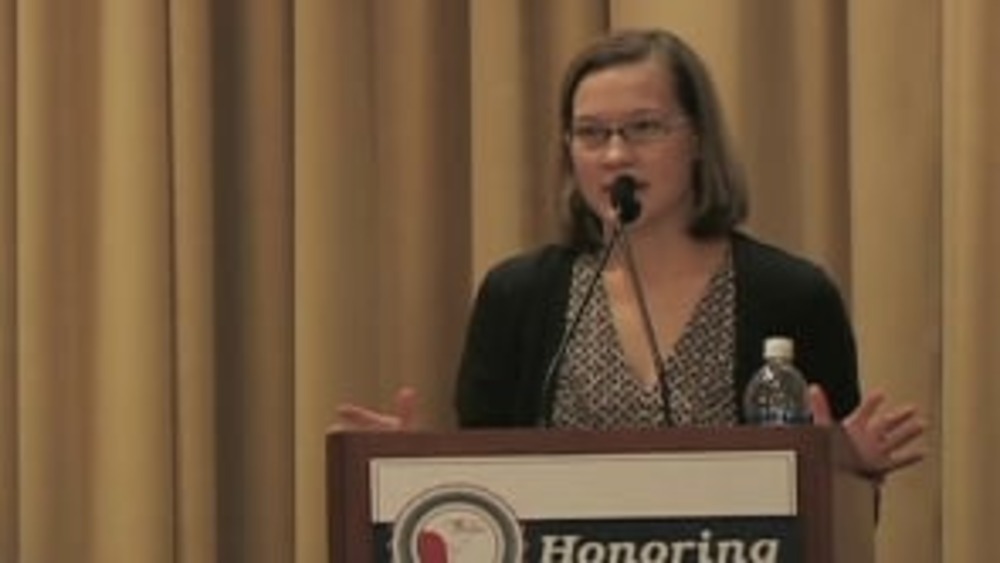
Honoring Nations: Sarah Hicks: NCAI and the Partnership for Tribal Governance
Former NCAI Policy Research Center Director Sarah Hicks discusses the growth of the National Congress of American Indians (NCAI) and specifically its recent initiatives to support the nation-building and advocacy efforts of Native nations.
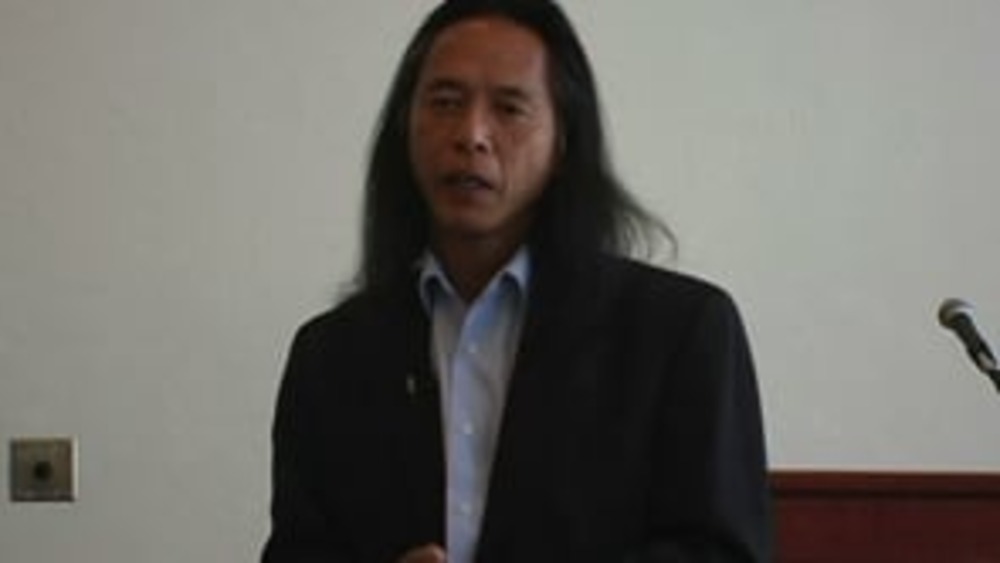
Ron His Horse Is Thunder: The Keys to Effective Governance and Economic Development: Predictability and Sustainability
Former Chairman of the Standing Rock Sioux Tribe Ron His Horse Is Thunder discusses why predictability and sustainability are so critical to effective Native nation governance and economic development.
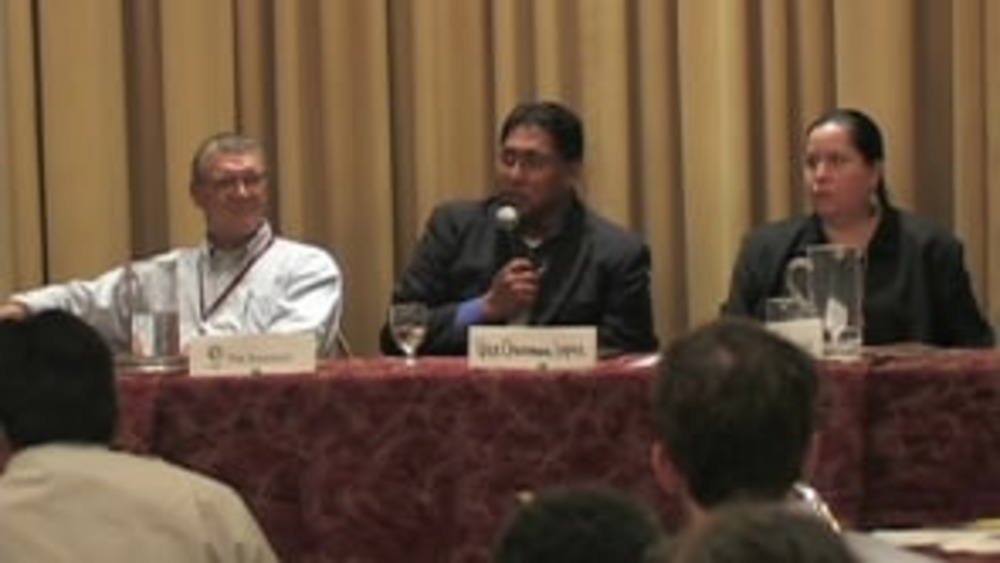
Honoring Nations: Gabriel Lopez and Shannon Martin: Government-to-Government Relations (Q&A)
Gabriel Lopez and Shannon Martin field questions from the audience about their nations' Honoring Nations award-winning programs.

Miriam Jorgensen: Organizing the Reform Process
NNI Director of Research Miriam Jorgensen shares what she sees as some of the critical keys to Native nations' efforts to develop and implement effective constitutional reform processes. This video resource is featured on the Indigenous Governance Database with the permission of…
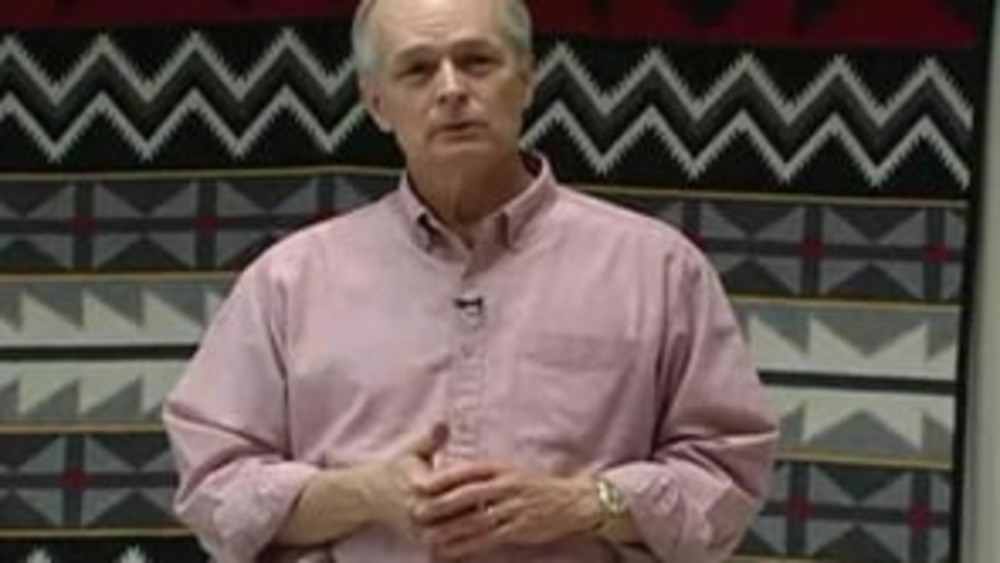
From the Rebuilding Native Nations Course Series: "Remaking the Tools of Governance: What Can Native Nations Do?"
Harvard Project on American Indian Economic Development Co-Director Stephen Cornell discusses the need for Native nations to reclaim and remake their tools of governance in order to meet the nation-building challenges they face today.
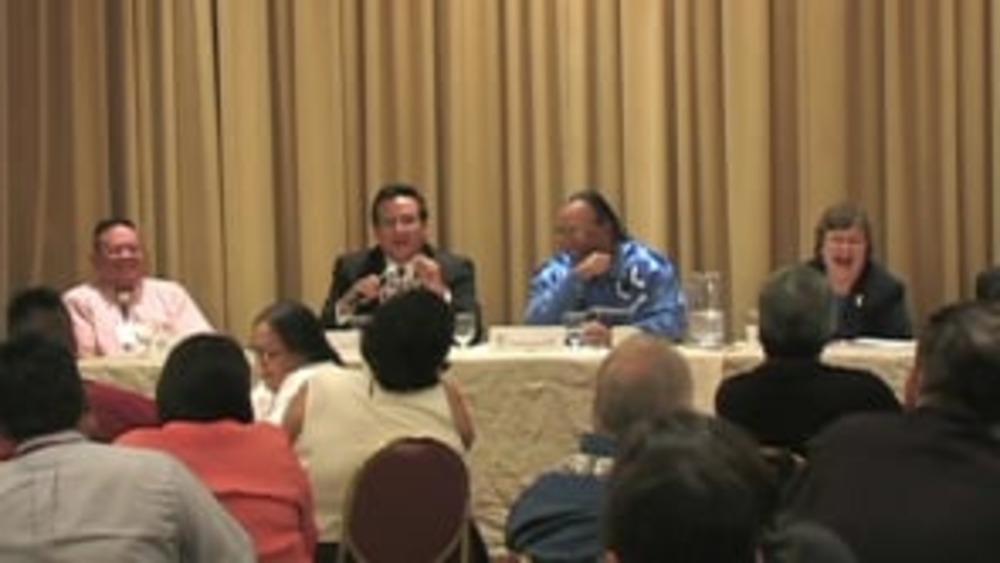
Honoring Nations: James R. Gray, Rick Hill and John McCoy: Sovereignty Today (Q&A)
Native leaders John McCoy, James R. Gray, and Rick Hill discuss the importance of Native nations joining forces to engage in economic development, and also why it is so important for Native nations and people to buy from their own.
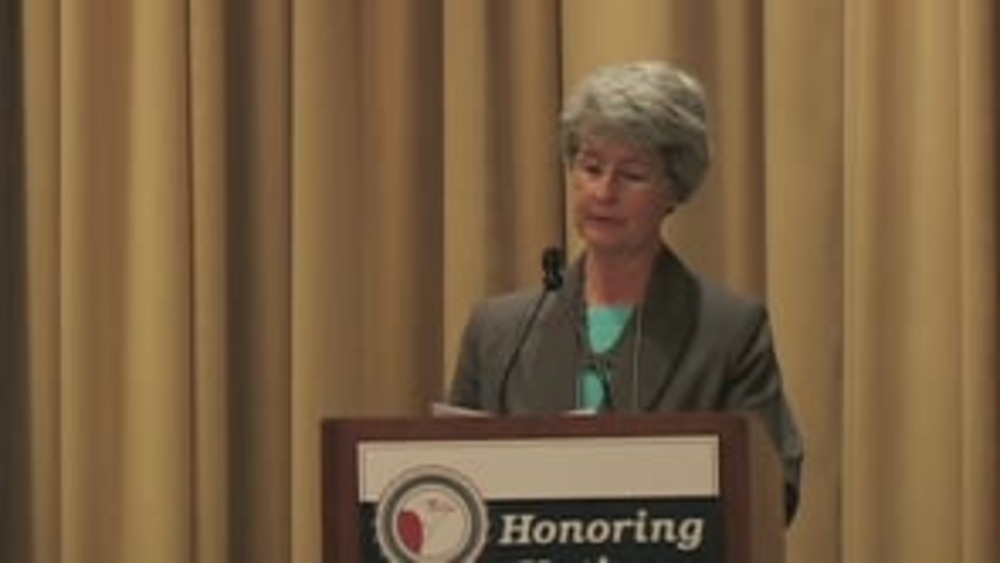
Honoring Nations: Carolyn Finster: Pine Hill Health Center
Pine Hill Health Center Clinic Administrator Carolyn Finster shares the story of how the Navajo people of Ramah capitalized on Public Law 93-638 to take over the education of their children and then their health care through the Pine Hill Health Center, which among other things has introduced…
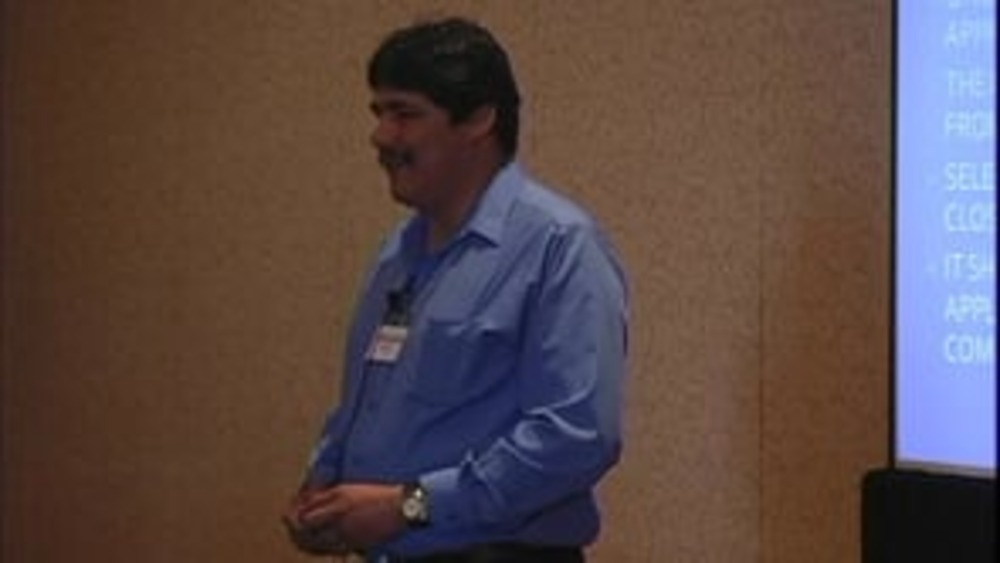
Greg Gilham: Engaging the Nation's Citizens and Effecting Change: The Blackfeet Nation Story
Greg Gilham, Former Chair of the Blackfeet Nation's Constitution Reform Committee, discusses the process the committee developed to move constitutional reform forward.

From the Rebuilding Native Nations Course Series: "The Politics-Enterprise Balance"
Native leaders and scholars share their thoughts about how Native nations can effectively manage the relationship between their governments and the businesses they own and operate.
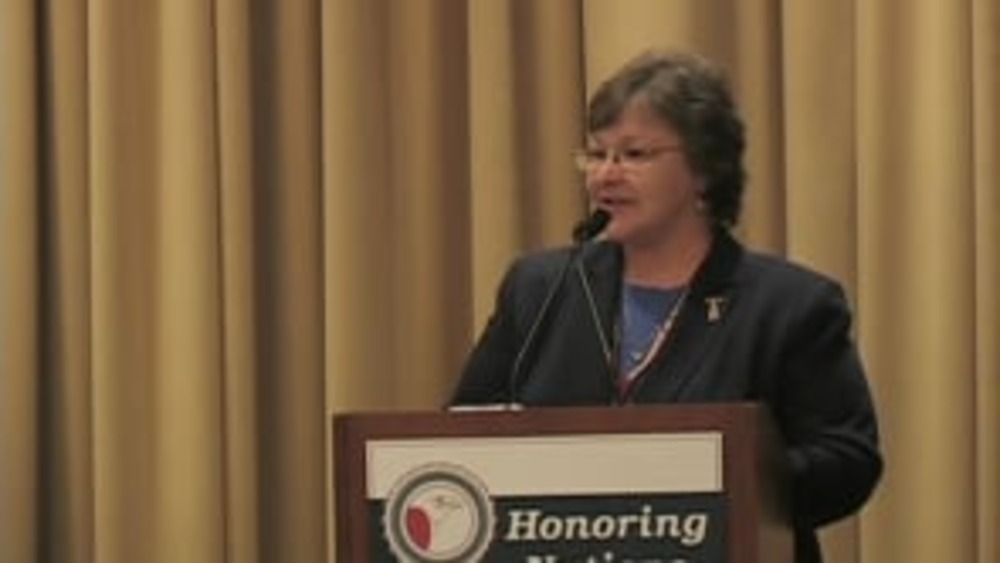
Honoring Nations: Karen Diver: Sovereignty Today
Fond du Lac Band of Lake Superior Chippewa Chairwoman Karen Diver argues that for Native nations to aggressively assert their sovereignty in order to achieve their goals, they must develop capable governing institutions to put that sovereignty into practice.
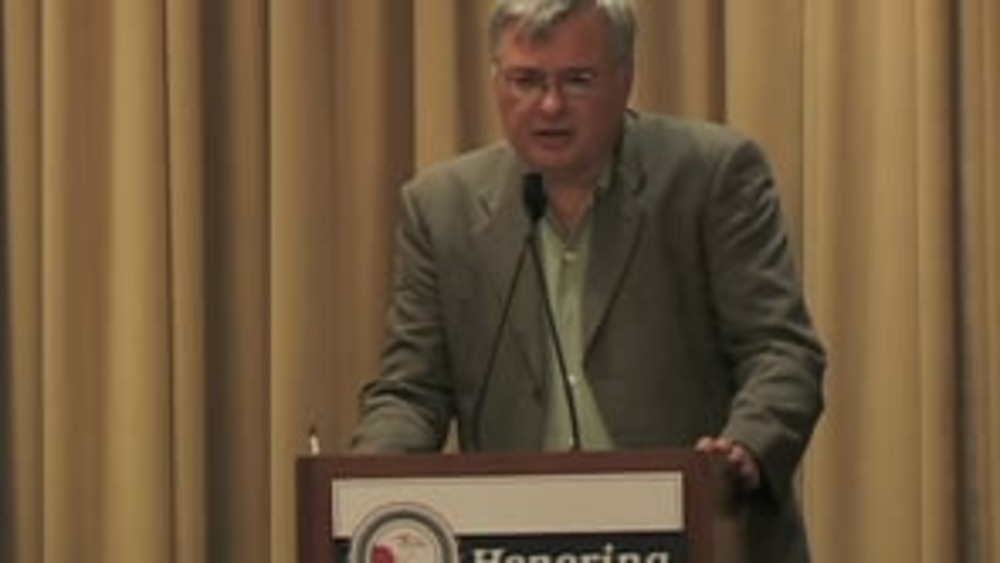
Honoring Nations: Duane Champagne: Government-to-Government Relations
UCLA American Indian Studies Professor Duane Champagne briefly discusses the history and importance of intergovernmental relationships for Native nations, spotlighting th Flandreau Police Department as a striking contemporary example.
Pagination
- First page
- …
- 15
- 16
- 17
- …
- Last page
